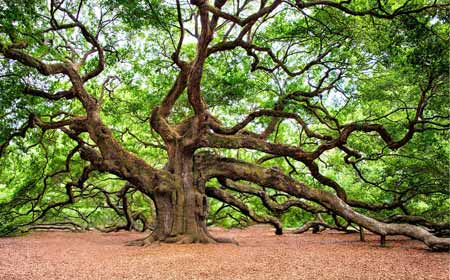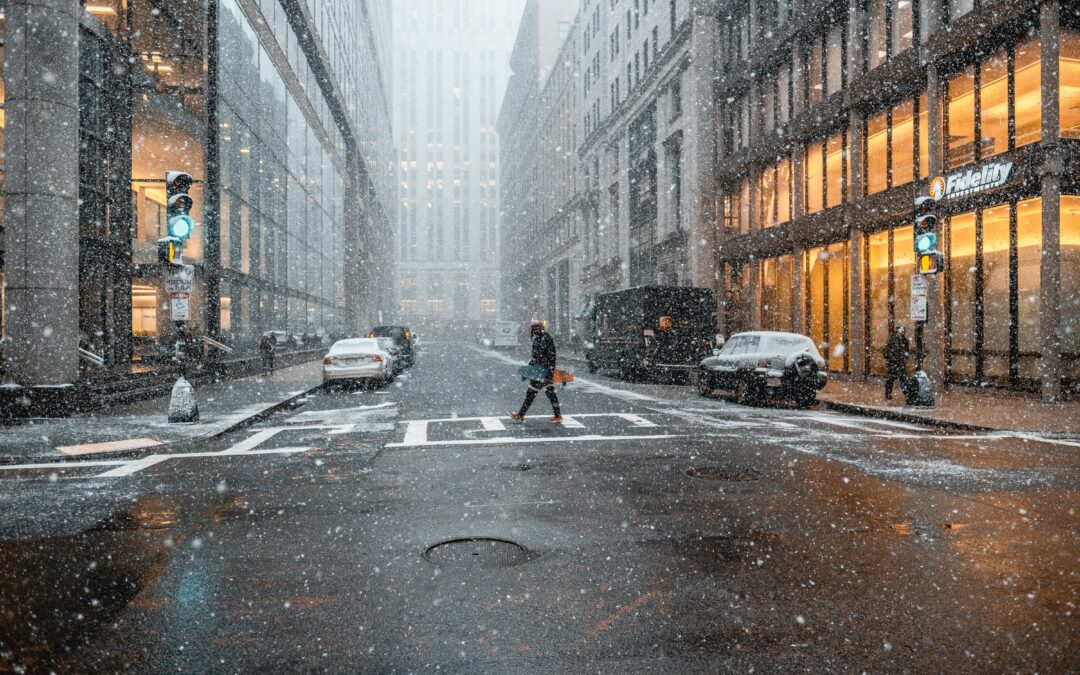Photo by Osman Rana on Unsplash
Winter is just beginning here in The Netherlands as I write this blog but somehow it already feels as if it has been here for some time. Like many other countries we have renewed restrictions because of the rising Coronavirus infection rate. Like many others, I have not had a face to face meeting with a friend for more than five weeks. The picnics and walks in nature that were a huge comfort during the earlier phases of the pandemic are much more problematic now with the weather taking a turn for the worse.
As I work at my desk emails come in from colleagues and friends in the UK worrying about the final dismal attempts to save the country from more economic hardship with the worse kind of Brexit deal. Political upset is rife right now with the election in the US, where it’s hard to find much to celebrate.
Everything points to a long, hard winter. I’ve heard of people who say that they’ve learnt helpful things from the enforced limitations that everyone’s been experiencing. Things that have led them to reassess parts of their lives and come to different conclusions about how they want to continue when things return to some kind of normal. Perhaps this winter could be a time to dig deeper and to see what habits we’ve gotten into that aren’t working for us any longer? Maybe, there are some new corners to turn, or things to unlock that could help us further down the road?
Here’s some of the places that I am looking into.
Getting in touch with my own tender heart
One of the things that attracted me to Tibetan Buddhism is the idea that all of us are naturally kind and loving. There’s no notion of original sin—rather original goodness. Each of us has the choice to work with our minds and hearts to uncover this goodness, which is presently covered over by neurosis and unhelpful habits.
As a long-term meditator, I do have confidence in this view of human nature. When I am well in myself it’s certainly possible to access the tenderness of my heart. I’m in touch with the idea that people want to be happy and not to have to deal with pain and suffering. The fact that pain and suffering is inevitable for myself and others certainly touches my heart deeply. There’s a strong motivation to somehow be of help and service.
It’s the times when I am not completely at ease where things get trickier. Here’s an example. In my view, Brexit is an appalling mistake and a terrible burden for future generations who have been deprived of the experience of being fully European. When looking at the politicians who have cynically made this happen it’s hard to feel the same tenderness of heart. It’s not impossible—I can dig deeper and find some understanding, but it’s fragile and is easily swept aside by my frustration.
This winter is likely to see all kinds of developments that will challenge the tenderness of my heart. One thing that works well for me is to check how I feel when I can count on that tenderness, as opposed to how I feel when I can’t. The difference between the two experiences is like the difference between the sparkle of a beautiful spring morning and the turbulence of a rainy winter afternoon.
Accepting the rawness of vulnerability
Earlier on I referred to the habits we have that tend to cover over our essential goodness. One of the most entrenched is our habit of not seeing things as they are. The very nature of life is that it is uncertain, and subject to constant change. This is too uncomfortable for us. We prefer certainty, continuity—we want to be in control.
The experience of this pandemic has brought home to us all how uncertain life is. Things we took for granted a few months ago now seem like a dream. Our habitual response is to try and protect ourselves so we can feel better. Our habit is to turn away from discomfort and to cover up any feelings of vulnerability. This habit has the effect of freezing circumstances which are actually fluid. It puts us in a cage created by our fear of discomfort.
I am trying to work on turning into those feelings of discomfort as a way of finding out what is actually going on. Leaning in means that I have to look at what is making me uncomfortable—to understand it and confront it. It’s the only way that there’ll be a chance to work with it and to open the door of the cage.
We could call this process of turning towards discomfort ‘the rawness of vulnerability’. When I manage to stay with all the uncomfortable feelings that come up for me—fear about coronavirus, feelings of loss as I miss seeing friends and family—then I am touching where I feel vulnerable. Rather than this making me feel weaker, it gives me courage because I am opening to what comes rather than closing. Connecting with my own vulnerability helps me to connect with the vulnerability of other people as well.
Not losing heart
I like to stay connected to the news and what is going on in the world, but it is not always easy. In fact, sometimes I can feel quite downhearted about how things are going. I can see that this is certainly something to keep an eye on through this long winter.
So, what happens when it all feels too much? It’s generally when I get too involved in opinions about what is happening. There’s a shift from understanding to taking sides and we’re back to not working from a tender heart. I am trying to work with this by recognizing when my own habits are coming into play and obscuring the issue. To do that, I need to widen my perspective and to pay close attention to how my reactions are working. My meditation is helpful here because it’s helped me to develop some degree of self-awareness.
I need to remember that everything I do matters. Even if I am just thinking stuff in my mind and not acting it out, I am still increasing my tendencies to behave in such a way. It’s another choice—do I want to add to the sufferings in the world with my own behaviour, or do I wantto try and work with my habits?
When I am able to pay attention and work with unhelpful habits then I am in touch with my own tender heart and there’s much less chance of losing heart. Then there is a chance to be able to share that with the people I come into contact with. Wasn’t it Gandhi who advised us to be the change we want to see in the world?

You might be interested in this new zoom+online course which starts on 15 June 2021 HOW DO YOU WANT TO FLOURISH IN YOUR RIPE OLD AGE?
Awareness in Action is dedicated to building a community of people interested in living a life of meaning and purpose based on sustainable wellbeing. If you would like to join with us, you could make a start by sharing and commenting on the ideas you find in the blogs on these pages. Your story is part of our journey.


Thank you for the blog
Was interested you write about turning towards discomfort – ‘the rawness of disability”
Have been working with turning towards discomfort, though had not connected it to being vulnerable!
The idea of doing this, as being courageous and the association with empathy and connecting with vulnerability of others, is wonderful and not really something I have thought much about.
A win win situation. Hoping so much I can integrate this into my daily life.